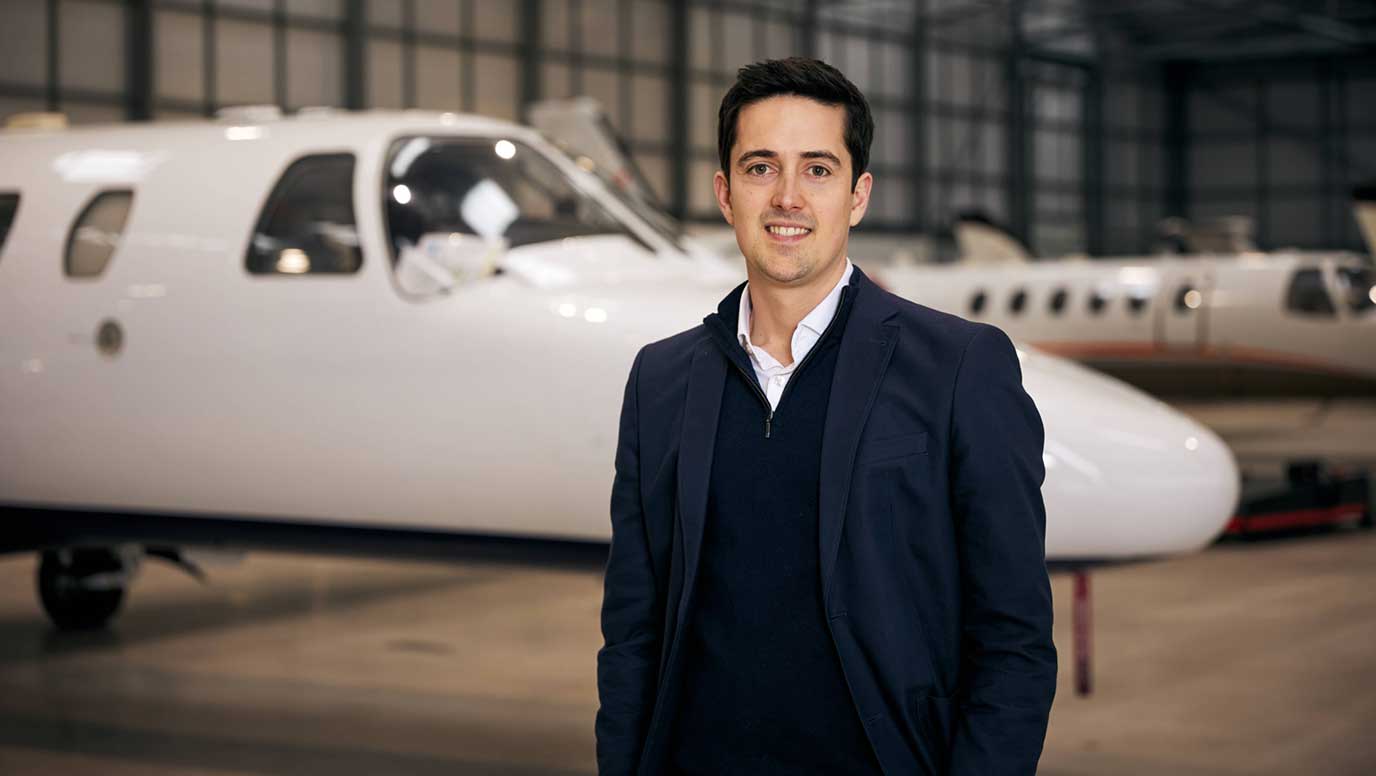OXCCU raises $28m Series B to scale sustainable aviation fuel from waste carbon

This follows its $22.7m Series A raise in 2023, further cementing its position as one of the UK’s most promising players in the global SAF market.
The oversubscribed raise has been backed by global leaders in aviation, energy and climate investing. Backers include International Airlines Group (IAG), Safran Corporate Ventures and Orlen VC, alongside existing backers such as Clean Energy Ventures, IP Group/Kiko Ventures, Aramco Ventures and the University of Oxford.
The funding comes at a time when aviation is under growing pressure to decarbonise, but remains one of the hardest sectors to tackle. SAF alternatives are currently estimated to be up to four times more expensive than fossil-based jet fuel, and OXCCU’s technology directly addresses this cost challenge.
The investment will accelerate OXCCU’s scale-up and commercialisation efforts, building on the successful launch of its OX1 demonstration plant at London Oxford Airport in 2024 and advancing towards the OX2 plant, which is set to be fully operational in 2026.
Despite mandates - such as the UK SAF mandate and ReFuelEU - high production costs remain a major barrier to widespread adoption.
Andrew Symes, CEO of OXCCU said: “In a market where capital is tight and investors are rightly selective, this raise is a testament to the strength of our science, the clarity of our mission, and the urgency of the problem we’re solving. What we’re seeing is that serious players with truly distinctive technologies are still getting funded.”
The funding reflects increasing recognition that driving down SAF production costs is critical to unlocking aviation decarbonisation at scale. OXCCU’s process simplifies SAF production pathways by eliminating the need for reverse water gas shift or e-methanol steps. Instead, its patented iron-based catalyst enables the direct synthesis of jet-fuel-range hydrocarbons from gaseous waste carbon in a single exothermic reaction. This reduces capital and operating costs, and reduces the carbon intensity of the fuel.
The catalyst’s ability to operate with a wide range of carbon dioxide, carbon monoxide and hydrogen input gas compositions gives it the flexibility to efficiently convert different feedstocks such as reformed biogas, gasified wood waste, and pure carbon dioxide with hydrogen.
OXCCU’s solution meets both environmental and commercial demands, with applications that extend beyond aviation into chemicals and plastics.
“This is a critical time for climate tech, as the urgency continues to increase” added Symes.
“Aviation needs a solution, and the serious lever is SAF. The challenge is SAF cost and that is exactly what we are addressing at OXCCU.”

